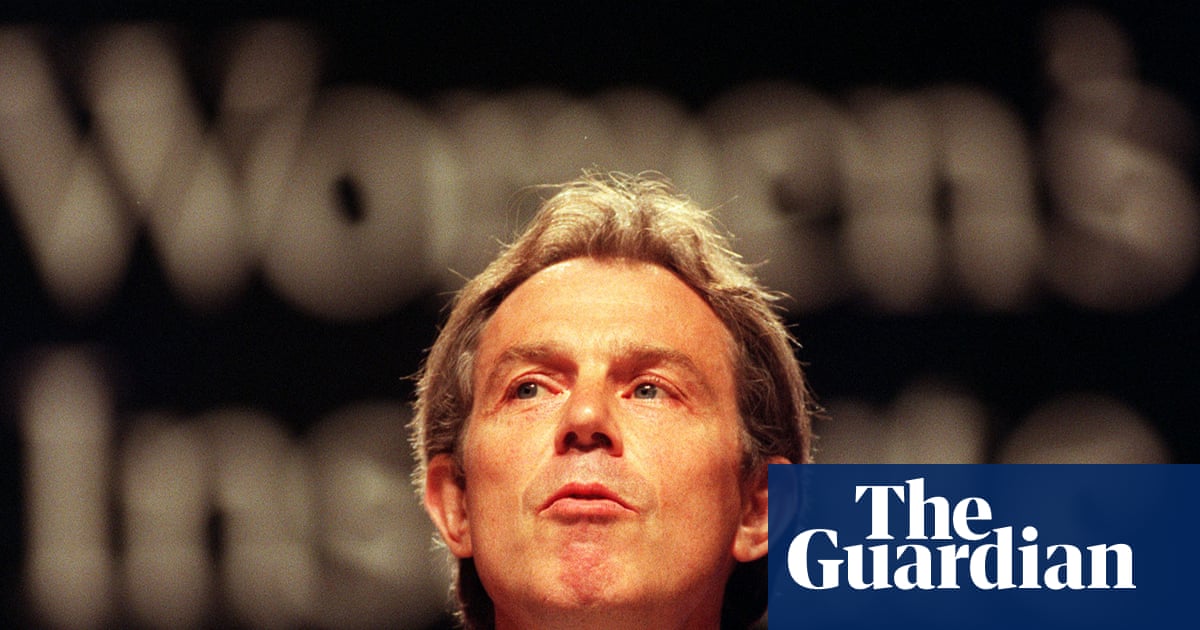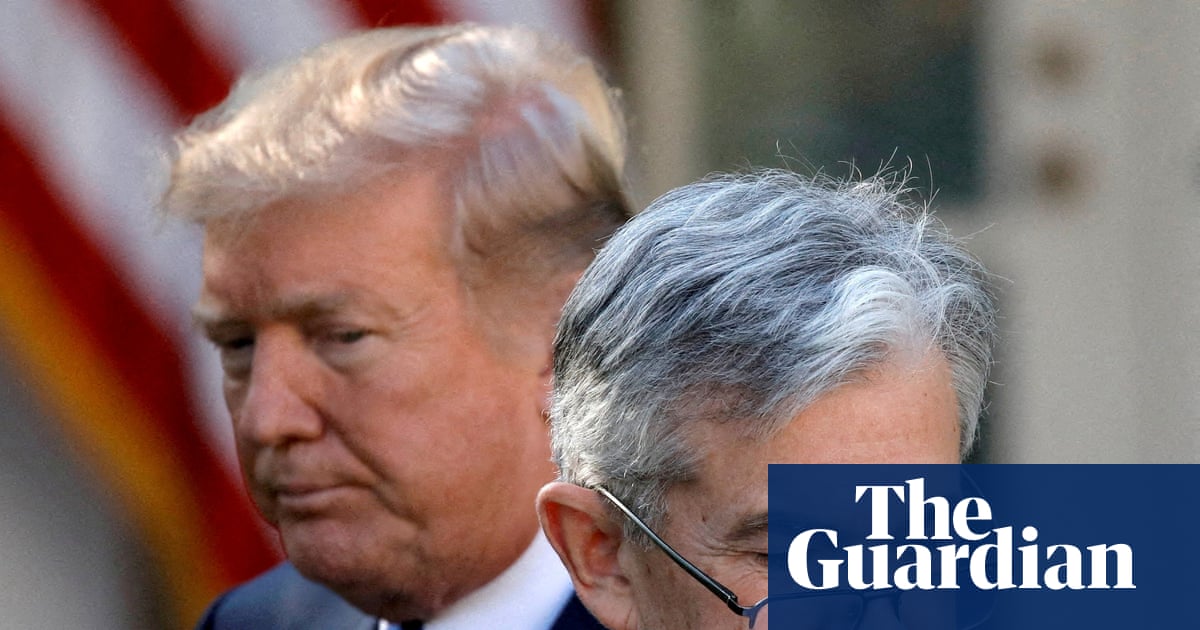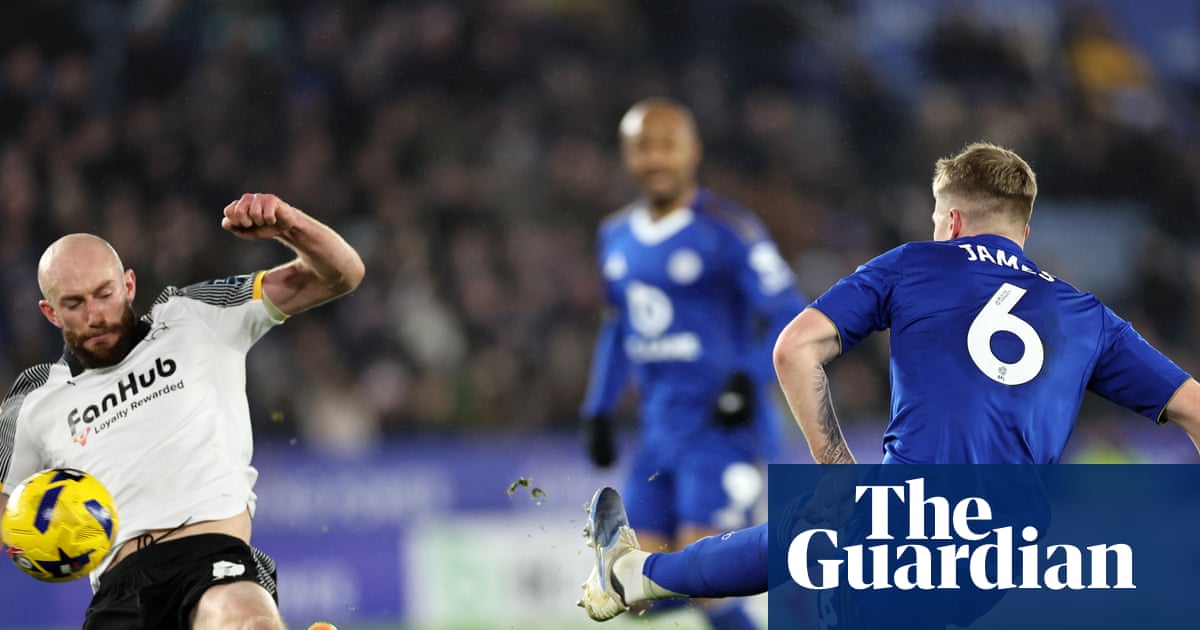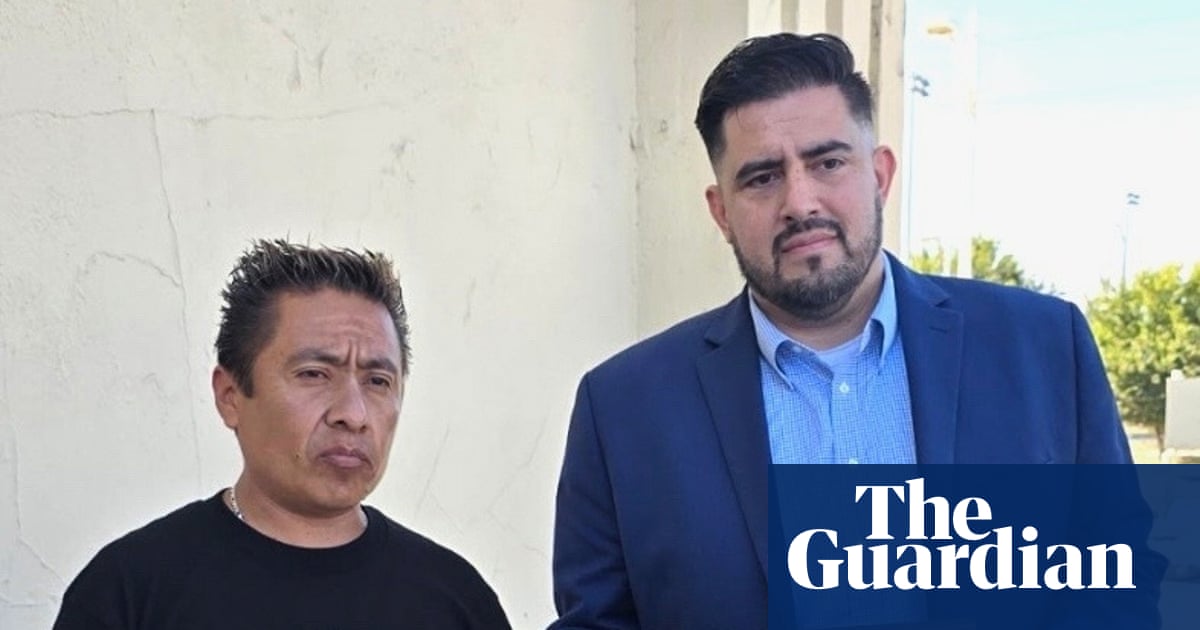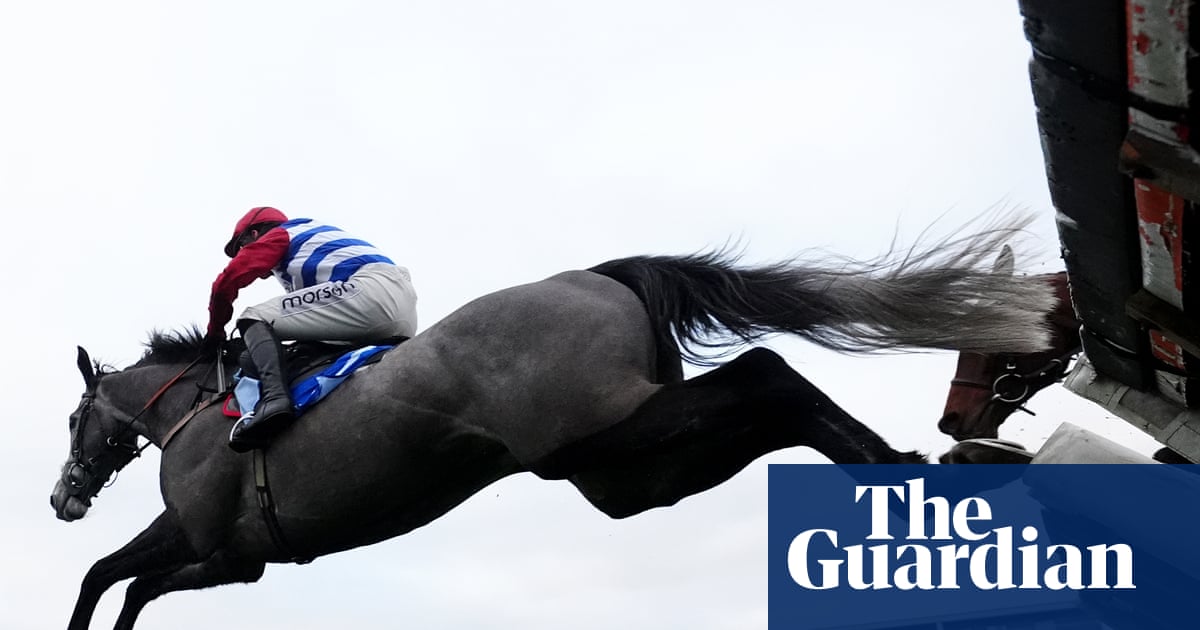“You put Paris on the roof of Europe,” Emmanuel Macron told Paris Saint-Germain’s squad after they won the Champions League this year. They must have been bittersweet words for the French president, an ardent Marseille fan. For 32 years, Marseille teased their fiercest rivals. “À jamais les premiers,” for ever the first, they would say, a reference to their controversial Champions League triumph in 1993. Marseille will always be the first, but they are no longer the only French side to have stood “on the roof of Europe”.
The two triumphs share little resemblance, despite both finals taking place in Munich, and both featuring opponents from Milan. Marseille’s victory, marred by the subsequent revelation of domestic match-fixing was, rather ironically, seen as the product of a drive to heighten competition in the French league. PSG’s win, in contrast, was facilitated by the absence of it.
Being “bored alone at the top” of the league, according to Bernard Tapie, the former Marseille president, was at the heart of the genesis of the match that would come to be known as Le Classique. With Bordeaux’s powers waning in the early 1990s, Tapie’s team were untouchable, much as PSG are today, winning four leagues in a row between 1989 and 1992. But in 1991, it was the Canal+ takeover at PSG, a deal that Tapie insists he helped orchestrate, that led to Marseille’s hegemony being contested and drove them towards their European title two years later.
At the very least, Tapie was a supporter of Les Parisiens’ rise to prominence, which in his eyes was “a good thing for everyone”. PSG returned to the fore, Marseille were pushed to new heights, and Canal+ reaped the benefits of their team’s success, as well as the increased interest and following of the league they had broadcast since 1984.
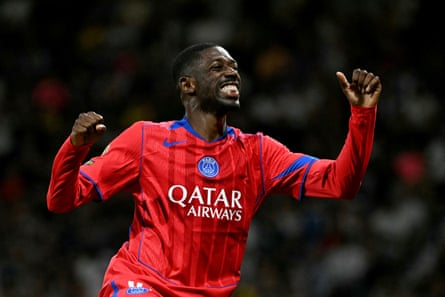
The animosity was easily bred along simple binary lines: north versus south, capital versus provincial, the state versus a rebellious spirit. But the narrative had to be supplemented by something substantive, by actual competitiveness. And it was. PSG won a league title in 1994, the Coupe de France in 1995 and 1998, and a Cup Winners’ Cup in 1996, challenging Marseille’ hegemony, which was further dismantled by the sanctions handed down after the match-fixing affair.
The age of mutually beneficial competition bears no resemblance to the state of France’s biggest rivalry going into Sunday’s match at the Stade Vélodrome, which, for Roberto De Zerbi, is hardly a rivalry at all. “For me, it is not a classique,” said the Marseille manager at start of the season. “The classico in Italy is Juventus v Inter. In 10 matches, there are four wins for Inter, five for Juve and a draw. Le Classique, PSG v Marseille, in 23 matches, is 19 wins for Paris, three draws and one win. When we play against PSG, we want to win, we want to rival them, but this is the truth: Paris, last season, were unbeatable, or almost.”
That one win came just over five years ago. Florian Thauvin scored the only goal and André Villas-Boas, still a manager, was in the dugout for Marseille. A lot has changed. Leonardo Balerdi, now Marseille captain, is the only current player who appeared on the teamsheet in that 1-0 win. Both clubs have since undergone squad overhauls. Marseille, the second highest spenders since the 2020-21 season, have spent just under €485m on players. PSG, meanwhile, almost spent that in the 2023-24 season alone on players such as Ousmane Dembélé, Bradley Barcola, Randal Kolo Muani, Manuel Ugarte, Gonçalo Ramos and Hugo Ekitiké; in that splurge, there are far more misses than hits. Overall, in the same time period, PSG have spent just over €1bn.
“For me, it isn’t a classique because for me, we can’t compare the budgets,” complained De Zerbi last time out, after a 3-1 loss back in March. Especially by Ligue 1 standards, it would be ridiculous to suggest that OM have built their squad on a budget, but the gap to PSG is clear in every position: when you look at Nuno Mendes, perhaps the best left-back in the world, to Emerson, cast aside at West Ham over the summer before his move to the Vélodrome, or when you compare Ousmane Dembélé, the outright Ballon d’Or favourite, to Pierre-Emerick Auabameyang, now 36 and back at Marseille after a brief stint in Saudi Arabia. Patchwork is perhaps a word you would use to describe Marseille’s squad; complete is how you would certainly describe PSG’s.
This allows Luis Enrique’s side to waltz over the domestic competition, as they have done in each of the last four seasons. The competitive aspect, so key in the genesis of this constructed rivalry, has been lost; they are opponents twice a season, but never for the duration of it.
There is now such a level of detachment that even Marseille legends were supporting PSG in the Champions League final. Zinédine Zidane, who was born in Marseille, Didier Deschamps, champion with Marseille as a player and manager, and Basile Boli, the scorer of the winner in the 1993 final, all put aside the rivalry to lend their support. “My heart is blue and white, absolutely, but I’m behind PSG, because representing France is something important to me,” said Boli.
It is a stance born out of a perception that PSG can be this saviour of French football, that to support them is a form of patriotic duty. “Vive la PSG, Vive la France,” said Macron this summer. But the rising tide does not lift all boats, far from it, and the fruits of this supposed “national success” are felt by one club and one club alone.
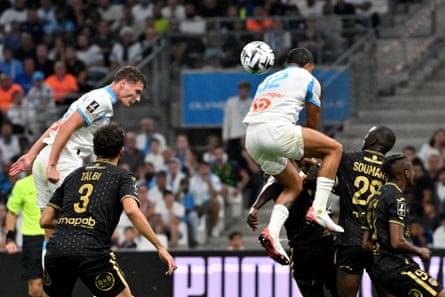
But, unlike in Tapie’s era, there is no urge to manufacture competition for the sake of the French game. For PSG, Ligue 1 can be an afterthought, and it largely is; it is a club sustained by its own wealth – and that provided by their European exploits – and motivated by grander ambitions.
It doesn’t leave Le classique entirely devoid of meaning or needle, as shown by the Adrien Rabiot episode last summer. The PSG academy product’s move to Marseille was greeted with great acrimony and his return to the Parc des Princes marked by a set of unsavoury banners, for which PSG were punished. However, Marseille have not finished above PSG since Qatar Sports Investments’ takeover in 2011, and they have not even got within 10 points of them. The closest they have come is 12 points in 2019-20 and 2022-23.
That doesn’t look like changing anytime soon; PSG are unbeaten in their first four league games, despite only one week of pre-season, whereas Marseille have lost twice. PSG exist in a financial reality far removed from the rest of French football. The broadcasting rights situation, under which clubs receive limited TV revenue, at least in the next two years, prevents the gap from narrowing. It was a broadcaster that gave rise to Ligue 1’s greatest rivalry; it is another, in part, that has contributed to the imbalances within that rivalry. The broadcaster giveth, the broadcaster taketh away.
This is an article by Get French Football News

 3 months ago
47
3 months ago
47

